In his first speech since a tentative ceasefire with Israel took effect, Hezbollah leader Naim Qassem declared a “divine victory” in a war the terrorist group began more than a year ago in support of Hamas. Yet fighting in Gaza continues as Hezbollah backs down from a violent chapter that saw its arsenal and military ranks decimated by Israeli forces.
Over the course of nearly 14 months, the Israel Defense Forces (IDF) said it struck some 12,500 Hezbollah targets across Lebanon, including 1,600 command centers and 1,000 weapons depots. The conflict killed more than 4,000 Hezbollah fighters, according to the terrorist group’s own estimates, and left thousands more severely wounded.
With the start last week of a ceasefire agreement brokered by the U.S. and France, Israeli forces have 60 days to withdraw from southern Lebanon, where they will be replaced by Lebanese army forces charged with overseeing Hezbollah’s demilitarization. But the true success of the deal depends on whether the some 60,000 displaced residents of northern Israel feel the area is secure enough to return to their communities after more than a year away. While the evacuees anxiously wait to see if the truce holds, the Israeli government is vowing to police any violations through force.
“If Hezbollah violates the agreement and tries to rearm, we will attack. If it tries to rebuild the terror infrastructure near the border, we will attack. If it fires a rocket, if it digs a tunnel, if it brings in a truck with missiles, we will attack,” Israeli Prime Minister Benjamin Netanyahu said in a speech last week. “A good deal is one that is enforced, and we will enforce it.”
The ceasefire relies on United Nations Resolution 1701—a 2006 agreement that ended the Second Lebanon War but was never successfully implemented in its aftermath. Both that accord and the current one require the Lebanese Army, supported by international peacekeepers— known as the United National Interim Force in Lebanon (UNIFIL)—to enforce the removal of Hezbollah fighters and arms from southern Lebanon. “These commitments strive to enable civilians on both sides of the [U.N.-drawn demarcation line between Lebanon and Israel] to return safely to their lands and homes,” the agreement reads, according to text published in Hebrew and Arabic outlets.
Sarit Zehavi”As a resident of the north, I listened to the news with mixed feelings. I feel that there was no other choice but to have this ceasefire, which is very much needed for all sides, but at the same time, it doesn’t promise us security.“
But for many residents of northern Israel, the new agreement’s resemblance to Resolution 1701 is far from reassuring. Sarit Zehavi, who lives in the Western Galilee, said the deal gave her a sense of déjà vu. “UNIFIL has proven to be ineffective. The Lebanese army has proven to be ineffective,” she told The Dispatch. “That’s the biggest problem with the current ceasefire—the main reference is 1701.”
For Israel, the truce will afford its troops—bolstered by the large-scale deployment of reservists—a reprieve after more than a year of fighting on multiple fronts. In his speech, Netanyahu promised that the cessation of hostilities along Israel’s northern border would also allow the military to focus more fully on pressuring Hamas to free hostages in Gaza and countering the more acute threat posed by Iran.
But that doesn’t mean Israel plans to take its eyes off Lebanon, the deal’s defenders say, pointing to the country’s vow to prevent Hezbollah from regrouping. “Israel itself has changed its posture from more or less trusting that 1701 will be implemented to actually enforcing it by force,” Assaf Orion, a retired Israeli brigadier general who is now a senior fellow at the Washington Institute for Near East Policy, told The Dispatch.
According to Hebrew-language media in Israel, a U.S. “side letter” accompanied the deal guaranteeing Israel’s right to defend itself in the event of Hezbollah violations. The document reportedly allows Israel to continue reconnaissance flights over Lebanon and, if it detects infractions of the ceasefire that aren’t thwarted by the Lebanese army, to carry out military operations against terrorist targets itself. The first such strikes came just two days after the truce took effect, as the IDF struck Hezbollah operatives attempting to access a rocket storage facility in southern Lebanon.
Unlike the 2006 agreement, this latest deal also includes a U.S.-led mechanism to “monitor, verify, and assist in ensuring” that its provisions are properly implemented, including through the training and arming of Lebanese army troops. Under the agreement, 10,000 soldiers with the Lebanese armed forces will deploy to southern Lebanon “as soon as possible.” It also requires the army and other security forces to assume control of the flow of weapons into and throughout the country by deploying to border crossings, monitoring domestic production, and setting up checkpoints.
But perhaps the biggest difference between this agreement and its 2006 predecessor is Israel’s hugely successful military campaign that preceded it. After months of exchanging cross-border fire with Hezbollah, Israel began to break the cycle in September of this year—first with the detonation of thousands of communications devices used by the terrorist group and later by the targeted killing of its leader, Hassan Nasrallah. By the end of the month, Israeli ground troops began to enter southern Lebanon, where they destroyed military infrastructure and eventually gained territory as far north as the Litani river.
For Hezbollah, rebuilding its ranks and arsenal will be no small task, particularly with Israel’s vow to enforce the ceasefire. “When you compare it to October 6 and you take stock of what’s happening now, who is better off and who’s worse off? Who suffered serious setbacks and who had fantastic military achievements?” asked Orion, who said the answer “isn’t difficult to discern.”
But it remains to be seen whether the military achievements and bolstered ceasefire will give residents of northern Israel the sense of security they need to return home. Despite scattered reports of evacuees making their way back to the border communities, residents and local officials have been critical of the deal, which doesn’t entail the dismantling of Hezbollah or the establishment of an IDF-administered buffer zone in Lebanon. Avihay Shtern—the mayor of Kiryat Shmona, an evacuated city of some 24,000 people—described the truce as a “surrender agreement” that would restore the north to its pre-October 7 reality.
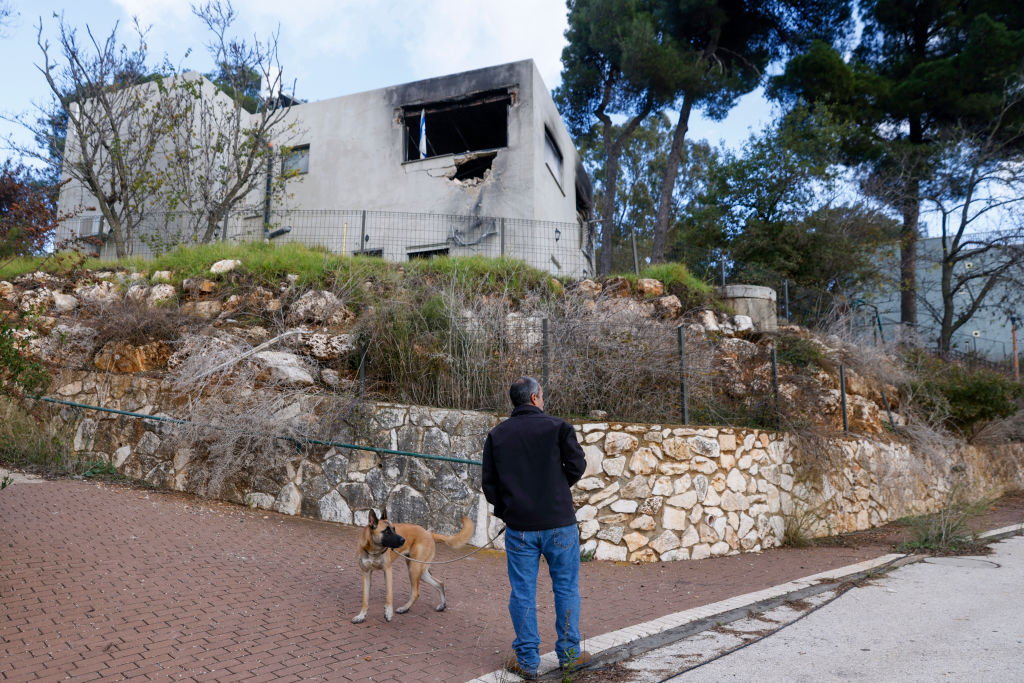
And many of the displaced don’t have homes to go back to. The last year of cross-border attacks by Hezbollah destroyed about half of the homes in Metula, Israel’s northernmost town. The war had wrought an estimated $1.35 billion in damages to the north, including physical destruction and the massive financial toll on local businesses and agriculture. One columnist for Israel’s Channel 12 invited government officials who claim Hezbollah is now deterred to “prove it with their feet” by visiting the war-ravaged communities themselves.
After living in the shadow of conflict for decades, many northern residents fear this latest truce postpones but doesn’t prevent the next flare-up. Although the deal bolsters internal checks on Hezbollah’s power in Lebanon, it fails to address the terrorist group’s substantial influence within the Lebanese government. Without the political will in Beirut required to enforce the ceasefire, Hezbollah could be free to rebuild its ranks—to the particular detriment of southern Lebanon’s civilian population, which suffered major casualties and property damage in the yearlong war.
“Nobody should have illusions—a ceasefire doesn’t mean peace. A ceasefire is a ceasefire. In order to have peace, your neighbor needs to acknowledge your existence,” said Zehavi, who also serves as president of Israel-based Alma Research and Education Center. “As a resident of the north, I listened to the news with mixed feelings. I feel that there was no other choice but to have this ceasefire, which is very much needed for all sides, but at the same time, it doesn’t promise us security.”
Nor does the deal deprive Iran of its foothold in Lebanon—the Islamic Republic has already conveyed its willingness to help Hezbollah rebuild its military and civilian infrastructure during this period of calm. Without Iran’s abandonment of its so-called Axis of Resistance strategy, a lasting peace remains unlikely.
“That’s what Iran has to change—its basic, core ideological commitment to Israel’s destruction has to one way or another be diluted or removed entirely,” Alex Vatanka, the founding director of the Middle East Institute’s Iran Program, told The Dispatch. “As long as Iran is committed to the Axis of Resistance, to going after Israel, then the basic dynamic of hostility will stay.”
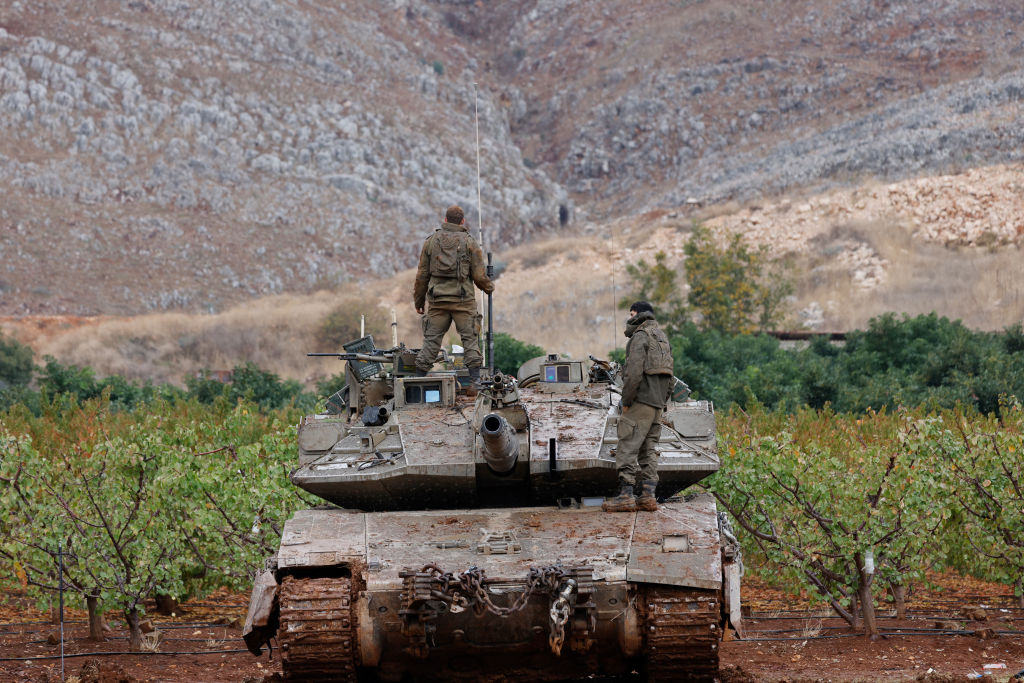

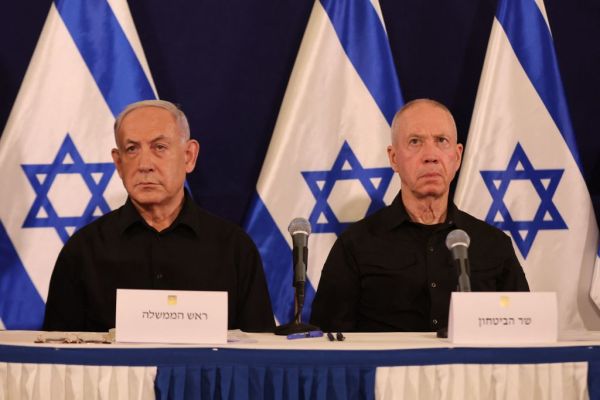
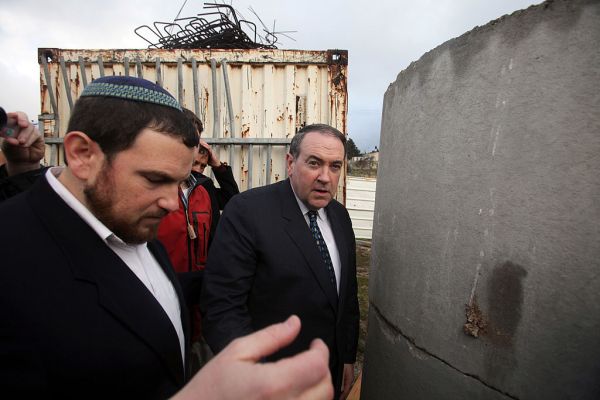
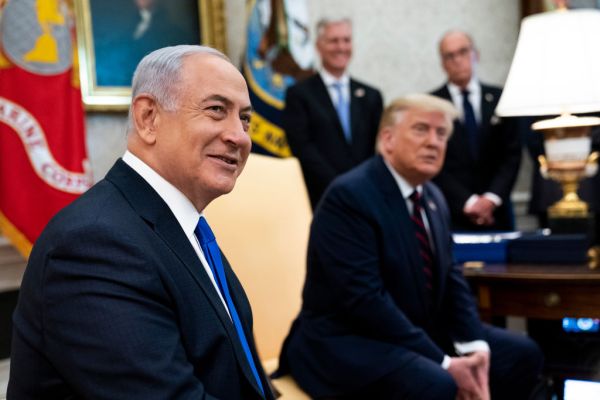

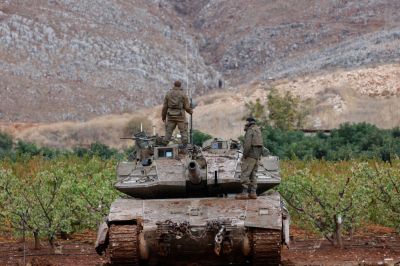
Please note that we at The Dispatch hold ourselves, our work, and our commenters to a higher standard than other places on the internet. We welcome comments that foster genuine debate or discussion—including comments critical of us or our work—but responses that include ad hominem attacks on fellow Dispatch members or are intended to stoke fear and anger may be moderated.
With your membership, you only have the ability to comment on The Morning Dispatch articles. Consider upgrading to join the conversation everywhere.